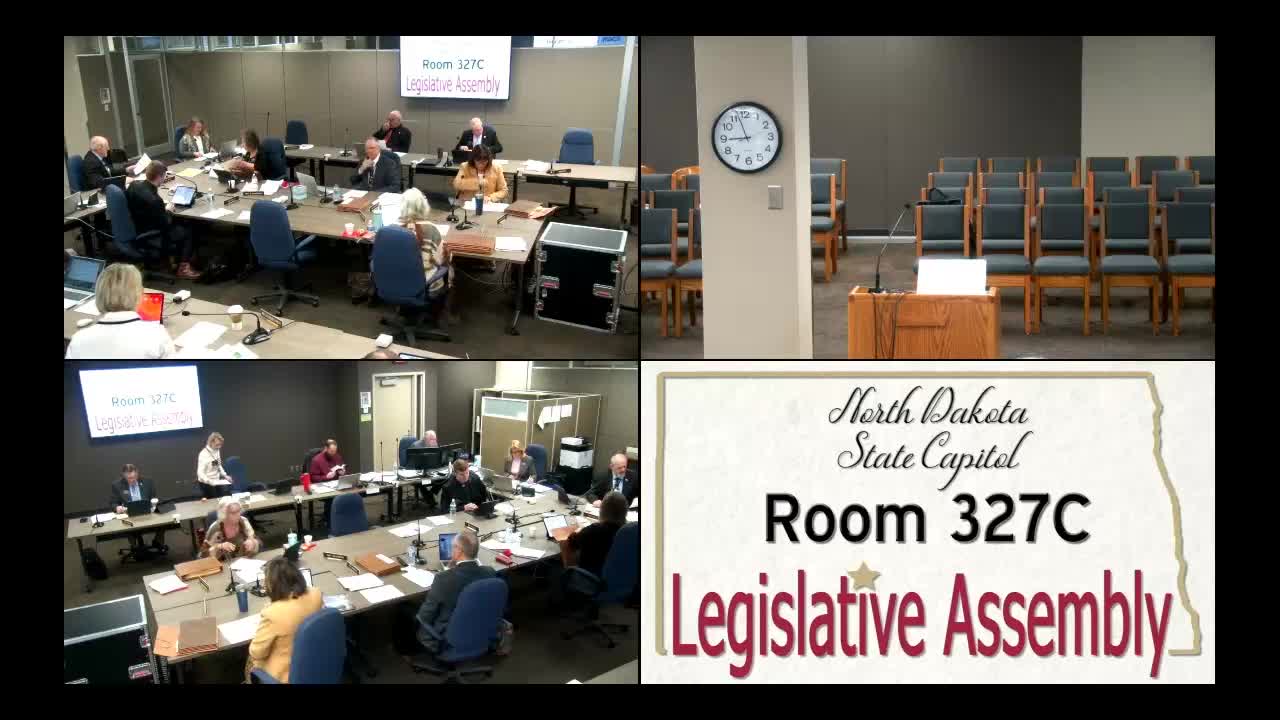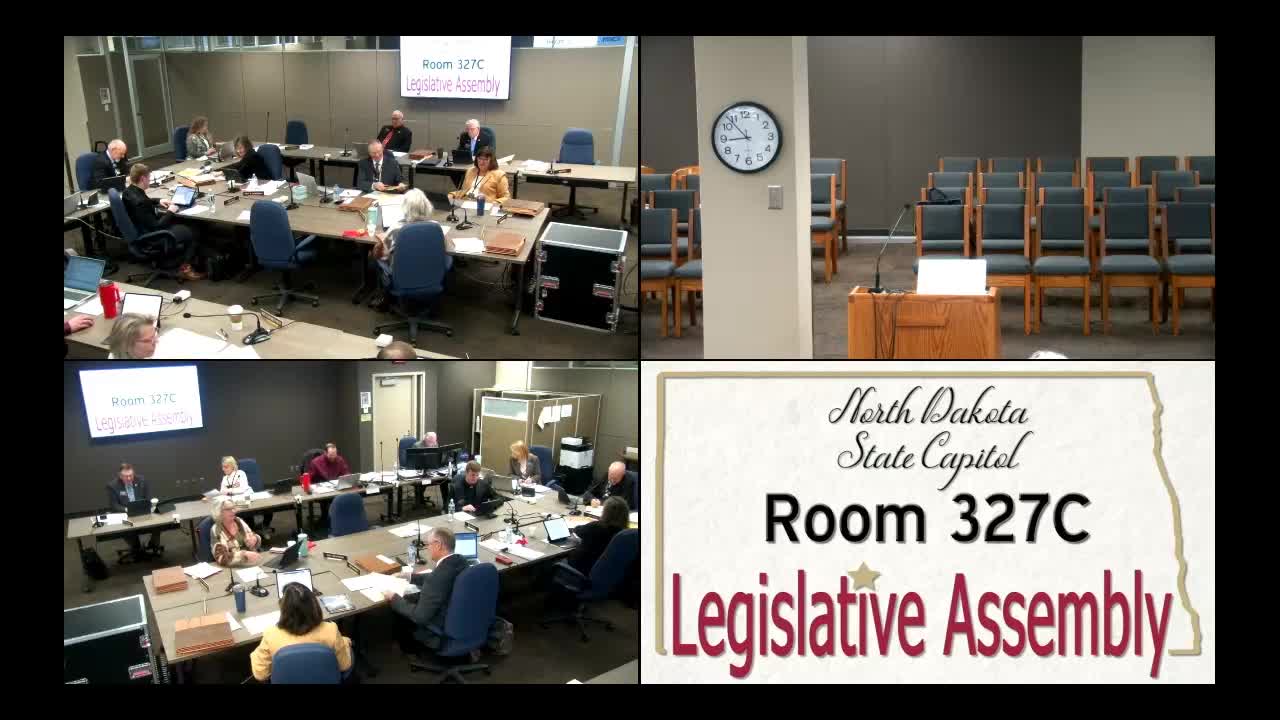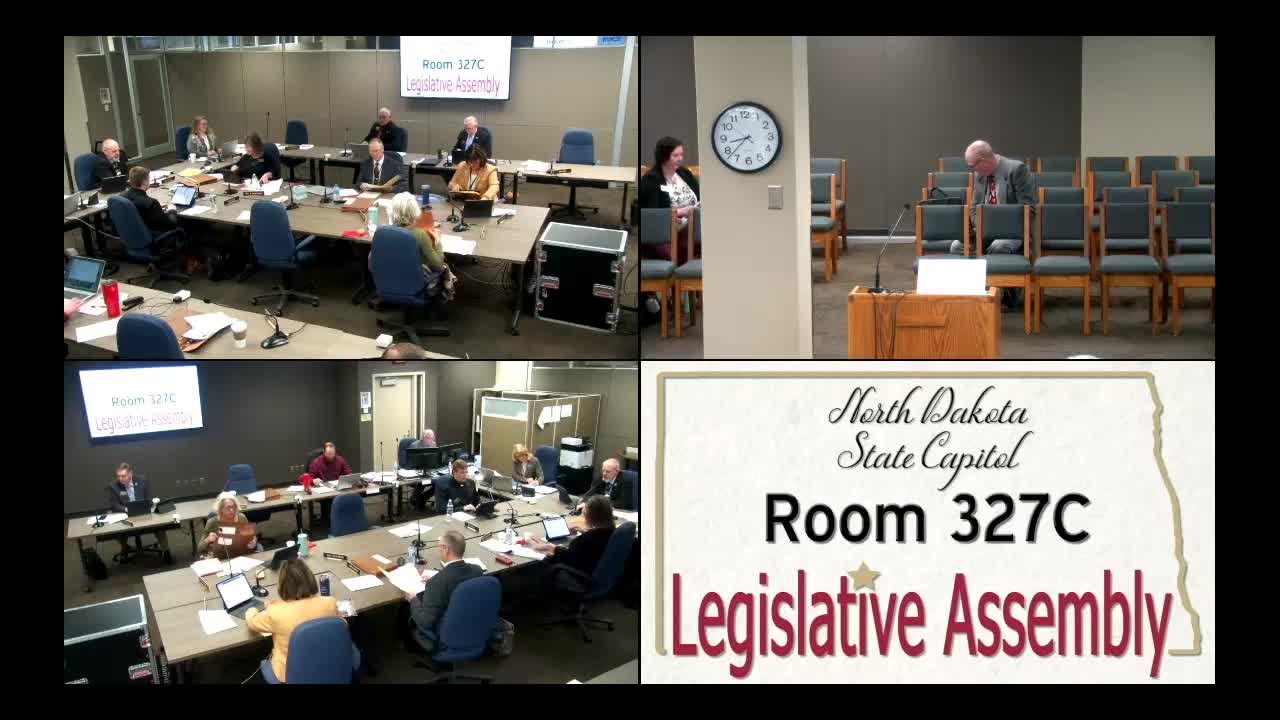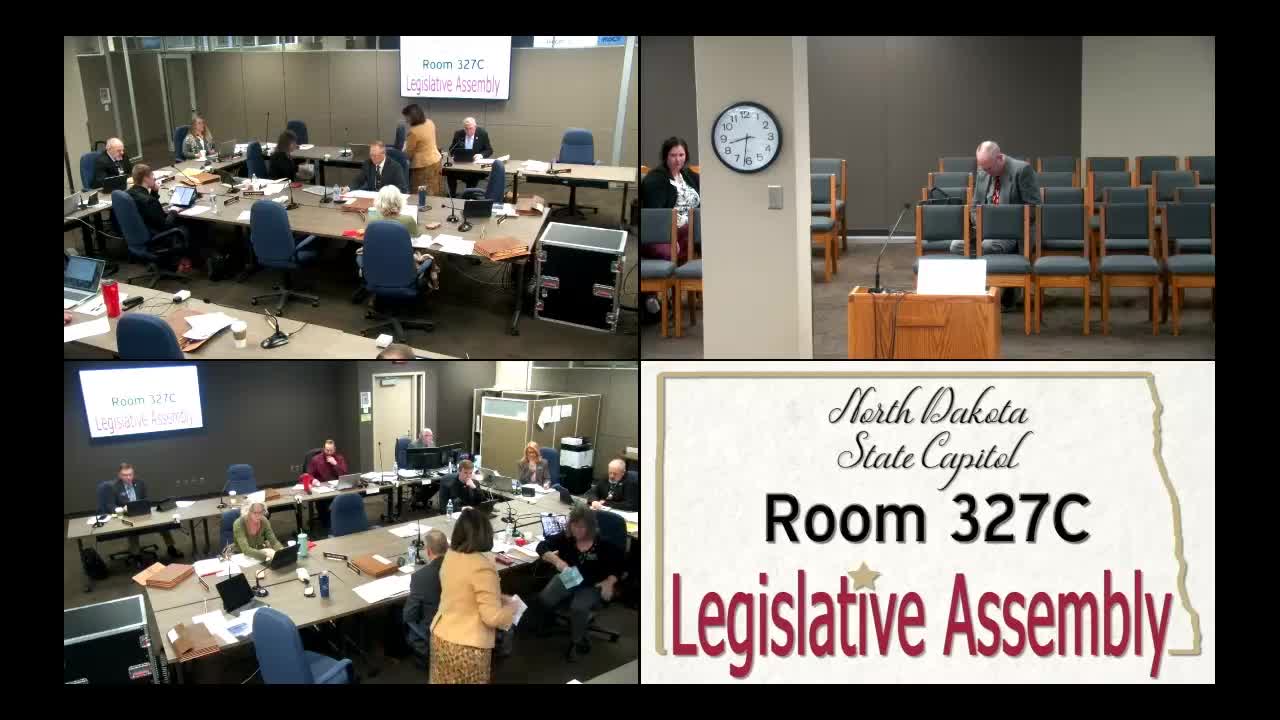Article not found
This article is no longer available. But don't worry—we've gathered other articles that discuss the same topic.

Committee pauses natural‑asset company bill after agency and industry concerns; sponsor, AG counsel to refine definitions

Sponsor to broaden drone bill’s surveillance language after committee feedback

Committee approves amended labeling and registration rules for ‘beneficial’ agricultural products; bill moves from committee

